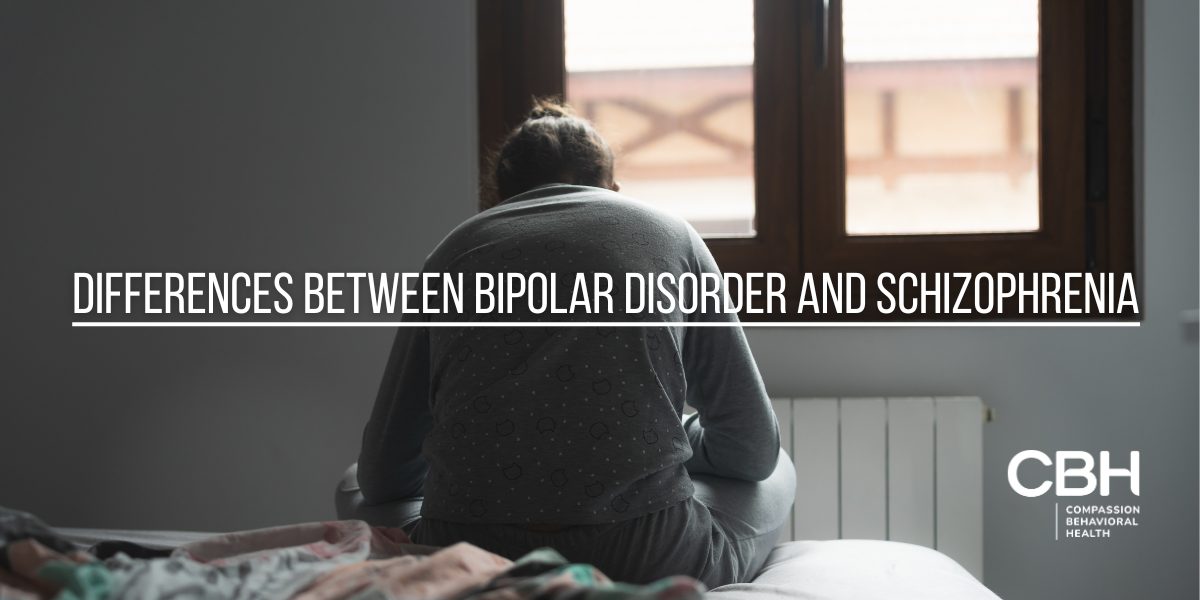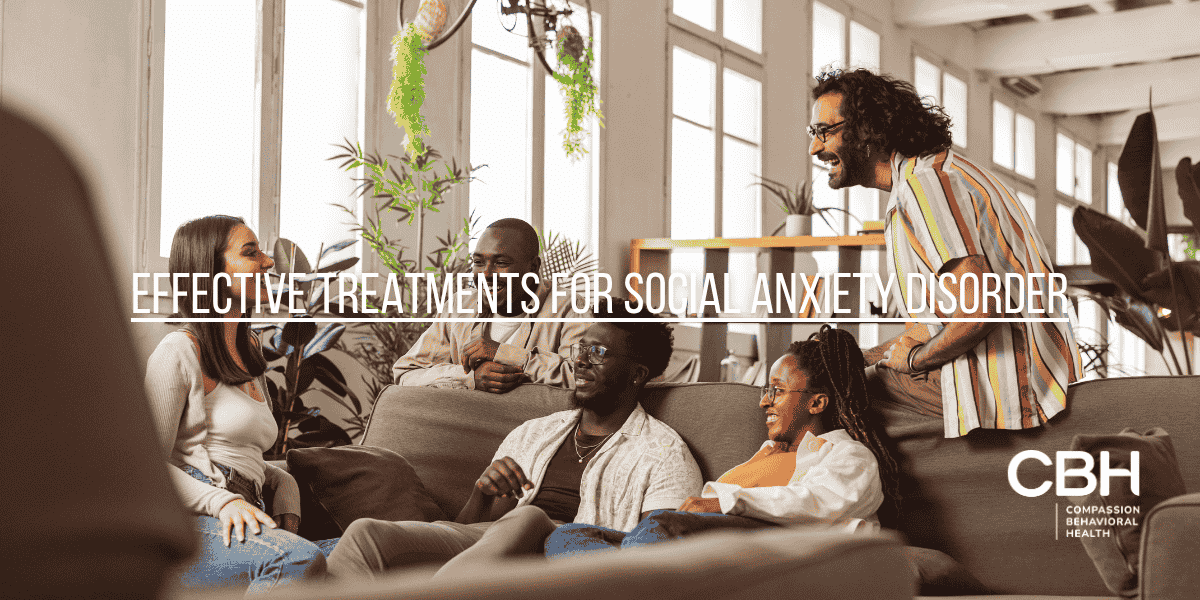Do you feel like you’re in a funk that just won’t go away? Are you feeling down more often than not, and finding it hard to enjoy things that used to make you happy? You may be suffering from seasonal depression. Seasonal depression is a type of depression that occurs during certain times of the year, usually when there is less daylight. If you’re feeling down more often than not, it’s important to seek help. In this article, we will discuss the symptoms of seasonal depression and how to get over it.
Signs of Seasonal Depression
Seasonal depression affects everyone differently, but there are some common symptoms that may indicate you’re suffering from this type of depression. These include:
- Low energy levels and fatigue
- Trouble sleeping or sleeping too much
- Loss of interest in activities you used to enjoy
- Feeling more irritable than usual
- Feeling down more often than usual, particularly in the morning and evening
- Irritability or mood swings
- Decreased energy levels
- Difficulty concentrating
- Increased appetite and cravings for sweet and starchy foods
If you’re experiencing suicidal thoughts, please reach out to the National Suicide Prevention Lifeline at 988, or message the Crisis Text Line by sending “HELLO” to 741741.
How to Help Seasonal Depression
Seasonal depression can be a difficult thing to go through, but it is possible to get over it and start feeling better. Here are some tips that may help:
- Seek professional help.
If you’re feeling like your seasonal depression is getting worse, seek professional help from a therapist or psychiatrist may be the best way to get relief. Therapy techniques such as Cognitive Behavioral Therapy (CBT) have proven to be effective treatments for SAD.
- Get outside and get active.
Sunlight is one of the most effective ways to combat seasonal depression, so try to get outside for at least 30 minutes each day and take a walk or do some other physical activity like jogging or biking.
- Eat a healthy diet and get enough rest.
Eating a balanced diet with plenty of fruits, vegetables, and protein can help boost your mood and energy levels naturally. Also, make sure you’re getting quality sleep every night since lack of sleep can worsen symptoms of depression.
- Connect with friends and family.
Socializing is important for mental health, and spending time with friends or family can help you stay connected.
- Practice positive thinking.
Focusing on the negative can make it harder to get over seasonal depression, so try to focus on the positive instead. For example, try to think of a few things that you are grateful for every day.
- Seek out activities that give you pleasure and joy.
Make time for activities that make you happy, like reading a book, taking a yoga class, or listening to music. These can help lift your spirits and help you feel better about yourself. You may not feel like doing these activities at first, but it can be helpful to push yourself to do them.
- Consider light therapy
Light therapy is a type of treatment in which you sit in front of a light box for around 30 minutes each day. This can help reduce symptoms of seasonal depression. You may also want to consider “dawn simulators”; these are lights that mimic the natural light of sunrise, helping to regulate your circadian rhythm.
- Adopt a schedule and stick to it
Establishing and following a routine can help you stay on track and keep your energy levels up. Try to wake up at the same time every day, go to bed at the same time each night, and set aside time for activities that give you pleasure and comfort.
9: Avoid recreational drugs & alcohol
It can be tempting to cope with seasonal depression by drinking or using recreational drugs. However, this will only worsen your symptoms and make it harder to recover. The temporary relief a high provides will only make it harder to get back to feeling normal.
How to prevent seasonal depression
If you have a history of seasonal depression and would like to prevent future episodes, there are some steps you can take:
- Monitor your moods and how they change throughout the year.
Keep a journal of how you’re feeling each day and how it changes as the seasons change. If you begin to notice any signs that indicate seasonal depression is coming on, talk to your doctor.
- Make lifestyle changes before the season starts.
If you know that winter is a difficult time for you, take steps to prepare yourself and get ahead of the symptoms. For example, plan how you will stay active each day when it’s cold outside or start using light therapy before symptoms occur.
- Keep your vitamin D levels up.
Vitamin D deficiency has been linked to seasonal depression, so make sure you are getting enough of this important nutrient. Consider taking a supplement or eating foods rich in vitamin D like fish, eggs, and mushrooms.
- Find ways to stay connected with people.
Socializing is important for mental health, so find ways to stay connected with friends and family. This could mean scheduling regular video chat dates or making plans to meet up once the weather warms up.
- Start seeing a therapist
Therapy can be an effective way to treat seasonal depression. Working with a mental health professional can help you identify triggers and develop strategies for how to cope when symptoms come on.
Can you have seasonal depression in summer?
Yes, it is possible to experience seasonal depression in the summer. This type of depression is known as “reverse SAD” or “summer SAD”. The symptoms are similar to those of winter seasonal depression and can include feeling low energy, difficulty sleeping, mood swings, and losing interest in activities. No matter what time of year, your mental health should always be taken seriously.
Compassion Behavioral Health Can Help
Getting over seasonal depression can be a long, challenging process, but it is possible with help and support from friends, family, and professionals. Compassion Behavioral Health provides treatments that can help you manage your symptoms and make the transition period easier. With patience and dedication to self-care, we can help you find relief from the symptoms of seasonal depression and start to feel better. Reach out to us today to schedule your appointment.



